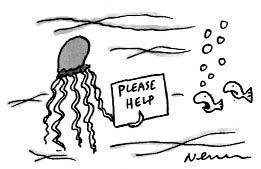One of the things I’ve belatedly realised now I’ve acquired the wisdom of age is that I’ve always been anti-establishment.
One of the things I’ve belatedly realised now I’ve acquired the wisdom of age is that I’ve always been anti-establishment. If only I’d known this at school I would have had far more fun than I did because I wouldn’t have wasted any of my time trying to smarm and behave my way into pointless jobs like ‘library prefect’, ‘group leader’ and ‘head of house’. I could have got drunk and smoked fags and got to at least third base with the naughty girls, like all the cool kids did, instead.
My problem was — and still is to some extent — that I am way, way too trusting and naive. I had it in my head that so long as you kept your nose clean, put in the hours and worked your way diligently up the ladder, eventually you’d become part of the establishment; and also — the most risible part — that this establishment was good and made the world a better place. This was reflected in the stories I used to write: always I ended up as the Prime Minister, Sir James Delingpole, VC — or similar. Never was I some louche underdog battling for the cause of the rebellious and free against the overweening power of Big Government.
Indeed, I remember once astonishing my French teacher, M. Filho, with my response to Anouilh’s Antigone. The play, so far as I can recall, revolves around some incredibly abstruse point about the burial of bodies after a battle. Antigone wants to give her brother a proper burial. King Creon, her uncle, refuses because that’s the rule he’s just made.









Comments
Join the debate for just £1 a month
Be part of the conversation with other Spectator readers by getting your first three months for £3.
UNLOCK ACCESS Just £1 a monthAlready a subscriber? Log in